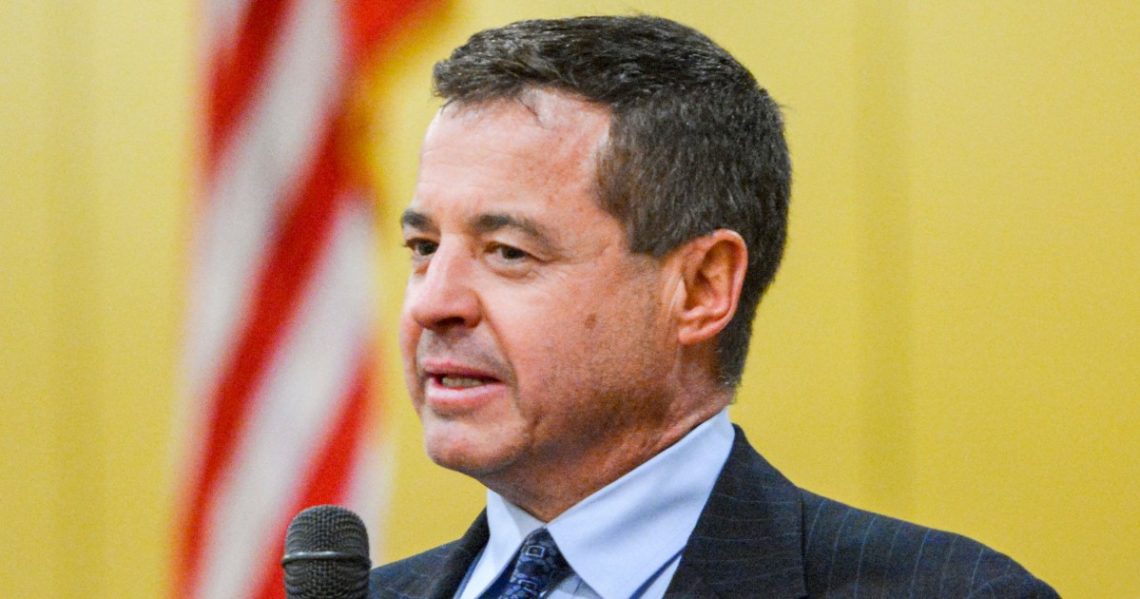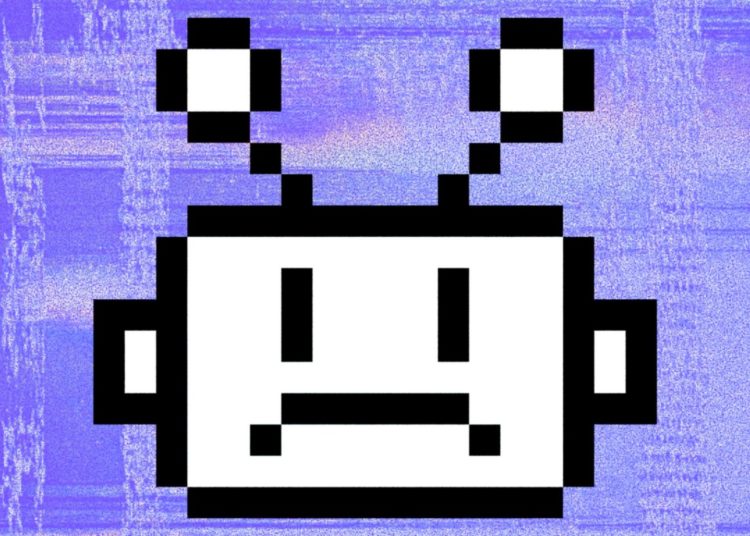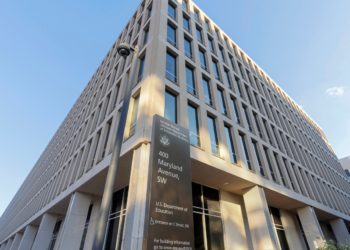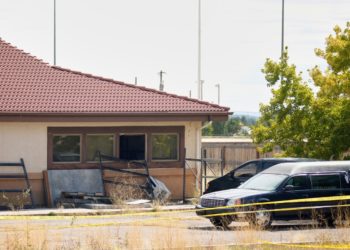Pennsylvania voters on Tuesday will decide in an unusually contentious election whether three Democratic justices should remain on the state Supreme Court for another 10-year term, a vote that could result in a deadlocked bench for years if they are removed.
One of those three justices, David Wecht, warned what such a scenario would mean for the critical battleground state.
“It would be disastrous. It’s extremely hard to work with a shorthanded court,” Wecht told NBC News in an interview on Friday. “I have experienced the six-member court, and a six-member court resulted in a lot of deadlocks and a lot of stalemates and a lot of increased work for the remaining six. That was just when we were one seat down with the court. If the Court were to be three seats down, there would be a lot of 2-to-2 ties.”
Wecht, along with Justices Christine Donohue and Kevin Dougherty, are the three members of Democrats’ 5-2 majority on the Pennsylvania Supreme Court who are up a retention election on Tuesday.
Judicial retention elections, which happen after a decade on the bench in Pennsylvania, are yes-or-no votes that are typically sleepy downballot contests.
Few Pennsylvania justices have lost their jobs in this way. But with Democrats’ majority at stake ahead of the 2026 and 2028 elections, this year’s retention vote has drawn outsize money and attention. If all three justices were to lose and the Republican-controlled Senate and Democratic Gov. Josh Shapiro can’t agree on temporary appointments, Pennsylvania’s high court could be deadlocked 2-2 through the end of 2027.
“You would have a four-member court for two full calendar years, because there’s no way, there’s no way that this Senate is going to confirm a single nominee that Gov. Shapiro sends them,” Wecht said.
A deadlocked state Supreme Court court would defer to lower courts, and even if it did decide a case, it likely wouldn’t set new precedent for the state, according to Wecht, who said four members are required to set a precedent. Unanimous decisions are very rare on the state’s top court, which typically tackles difficult questions of law.
“If you have a 3-1 result in Smith v. Jones — it applies to Smith and Jones. It governs the case between Smith and Jones, but it’s not a precedent for any other case,” he said. “Precedent is the whole reason for our court. We’re not just deciding Smith versus Jones, we’re deciding a question of law that applies for now and in the future throughout Pennsylvania for everybody.”
The retention elections have drawn major ad spending and attention. Former President Barack Obama and Pennsylvania Gov. Josh Shapiro have publicly supported the three Democratic justices. On Sunday night, President Donald Trump posted on Truth Social urging Pennsylvanians to “Vote ‘NO, NO, NO’ on Liberal Justices Donohue, Dougherty, and Wecht.’”
“Attention Pennsylvania: On November 4th, you can bring back the Rule of Law, and stand up for the Constitution,” Trump wrote.
One conservative group’s mailer, which Wecht has vocally criticized, claimed the “liberal Supreme Court gerrymandered our congressional districts to help Democrats win,” even though the court had ruled in 2018 that a GOP-drawn map was unconstitutional.
Wecht said the reaction to that ruling has contributed to the divisiveness of this election.
“When you have a small child and you take away from the small child a prize plaything or toy, that small child is going to wail and scream and cause a ruckus. That’s exactly what happened,” Wecht said. “I think has been the poison that is infected the approach of some of the same partisans and their descendants who are now assailing us now in what’s supposed to be a nonpartisan election.”
The post Pennsylvania Supreme Court faces a key election as justice warns that a deadlock would be ‘disastrous’ appeared first on NBC News.




